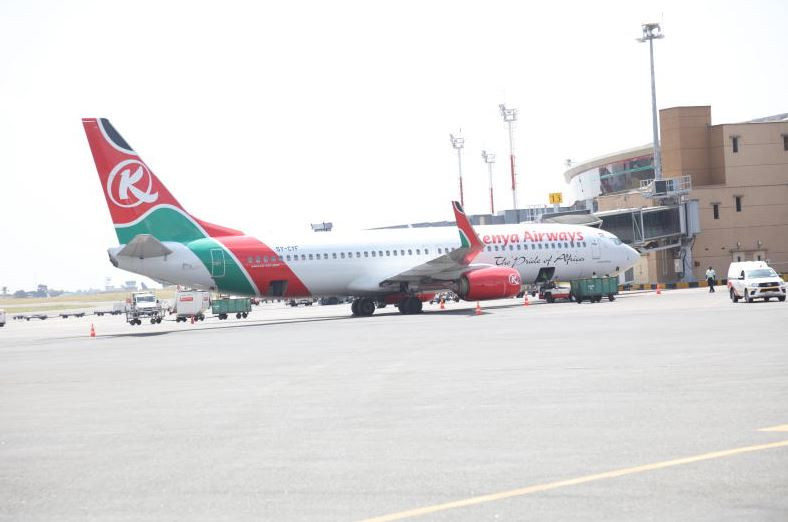
The Kenya Revenue Authority (KRA) has reaffirmed its commitment to making tax services simpler, more accessible, and affordable for taxpayers, especially those in the micro and small enterprises (MSE) sector.
Speaking during a citizen assembly forum in Mombasa, George Obell, Acting Commissioner for Micro and Small Taxpayers, said KRA is actively responding to taxpayer feedback by reducing digital barriers and decentralising services.
“One of the most persistent challenges we have heard relates to digital access. Notevery taxpayer has a smartphone, stable internet, or the digital literacy required to interact with KRA platforms such as iTax or eTIMS,” said Commissioner Obell.
To bridge this gap, KRA has rolled out a USSD solution that allows taxpayers to access key services without internet connectivity.
“By dialling *222# and selecting Option 5 for KRA services, taxpayers can now retrieve or verify their PINs and access other essential services from any phone. That's progress, and there is more to come,” he added.
For those with smartphones, KRA has also developed a WhatsApp chatbot to guide taxpayers through basic processes.
Obell further emphasised the need to decentralise services.
“Bringing services closer to where taxpayers live and work will improve compliance and reduce the cost of accessing these services,” he said.
Currently, KRA operates 136 service points nationwide, serving an estimated 22 million registered taxpayers.
However, the concentration of these centres in urban areas has made it challenging for rural and underserved populations to engage with KRA effectively.
To address this, KRA is rolling out the agent model, commonly used by banks, to extend its reach.
“We plan to recruit the first 10,000 agents this year. These agents will provide basic services such as registration, tax filing, and payments. This is also an opportunity for Kenyans to earn commissions while helping fellow citizens meet their tax obligations,” said Commissioner Obell.
Additionally, KRA will intensify tax education and outreach programs to close knowledge gaps among taxpayers.
“Our focus is not on the past; we are here to empower and support taxpayers for the future. That is why we are launching a rigorous outreach program to train and educate our taxpayers,” concluded Commissioner Obell.
Also speaking at the event, KRA Board Director Lydia Rono reminded attendees that taxes are central to national development.
Stay informed. Subscribe to our newsletter
“Taxes are the lifeblood of the economy. A country that cannot mobilise its own revenue cannot develop at the pace its citizens expect,” she said, urging Kenyans to embrace tax compliance as a civic duty.
Rono highlighted the Citizen Assembly initiative, which seeks to strengthen dialogue between KRA and the public.
“We are here to listen, to learn, and to collaborate in building a more efficient and trusted tax system. We welcome your honest feedback on our digital platforms, service delivery, and the everyday challenges you face,” said Director Rono.
Through this initiative, KRA aims to deepen public trust and foster meaningful engagement, ensuring that every taxpayer’s voice is heard.

